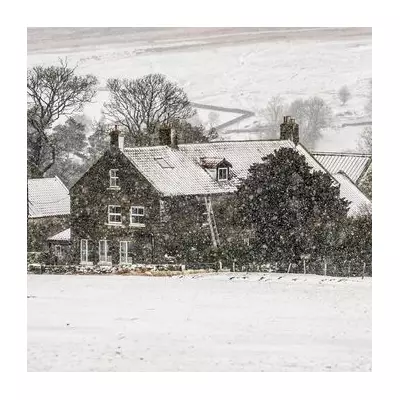
The catastrophic flooding in Texas has not only left a trail of destruction but also fuelled a surge in far-right conspiracy theories. As communities struggle to recover, online platforms are awash with baseless claims linking the disaster to government plots and climate change hoaxes.
The Perfect Storm for Misinformation
Experts warn that natural disasters often create fertile ground for conspiracy theories. The Texas floods, described as a once-in-a-century event, have become a lightning rod for misinformation. Social media algorithms appear to be amplifying these false narratives, pushing them to vulnerable audiences.
How Conspiracy Theories Take Root
Psychologists explain that during times of crisis, people seek simple explanations for complex events. This cognitive bias makes them susceptible to conspiracy theories that offer clear villains and straightforward solutions. The Texas floods have become a canvas for various far-right narratives, including:
- Claims that the government engineered the disaster
- Allegations that climate change warnings are exaggerated
- False reports about looting and civil unrest
The Role of Social Media
Platforms like X (formerly Twitter) and Facebook have become breeding grounds for these theories. Despite moderation efforts, harmful content continues to spread rapidly, often outpacing fact-checking initiatives. Researchers note that engagement-driven algorithms inadvertently promote sensational content, regardless of its veracity.
Real-World Consequences
Beyond online chatter, these conspiracy theories are having tangible impacts. Emergency responders report encountering resistance from some residents who believe official warnings are part of a larger plot. This skepticism is delaying evacuations and putting lives at risk.
Combating the Misinformation Epidemic
Fact-checking organizations and government agencies are working overtime to counter false narratives. However, experts emphasize that debunking alone isn't enough. They recommend a multi-pronged approach that includes:
- Improving media literacy education
- Encouraging responsible reporting
- Holding platforms accountable for content amplification
As Texas begins its long recovery, the battle against misinformation continues to rage alongside the floodwaters. The situation serves as a stark reminder of how natural disasters can be weaponized to spread division and distrust.





